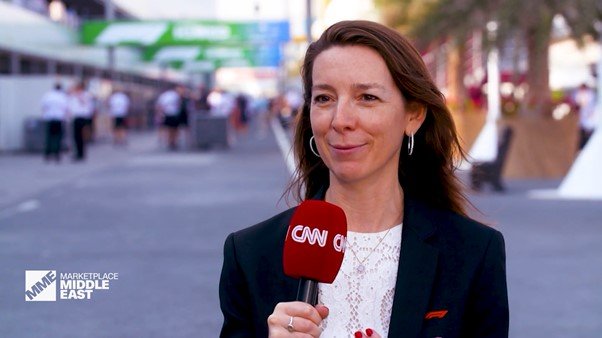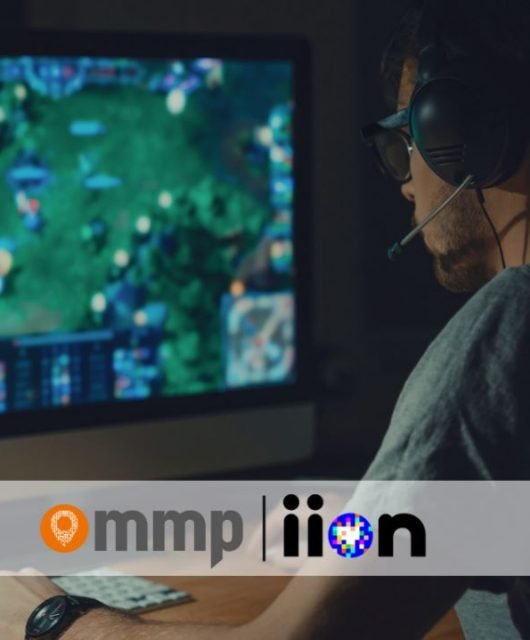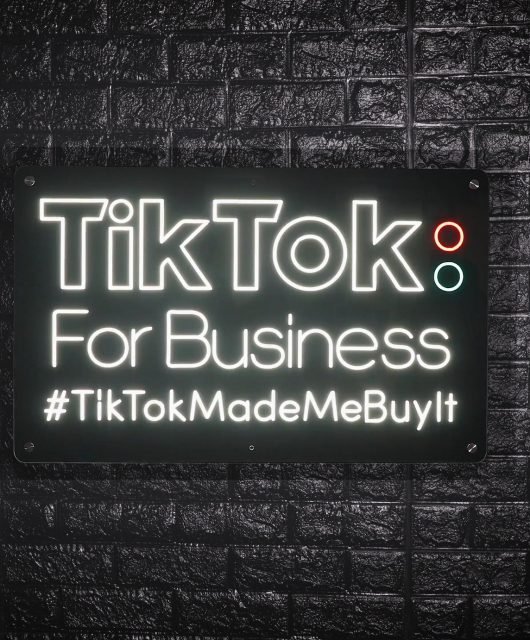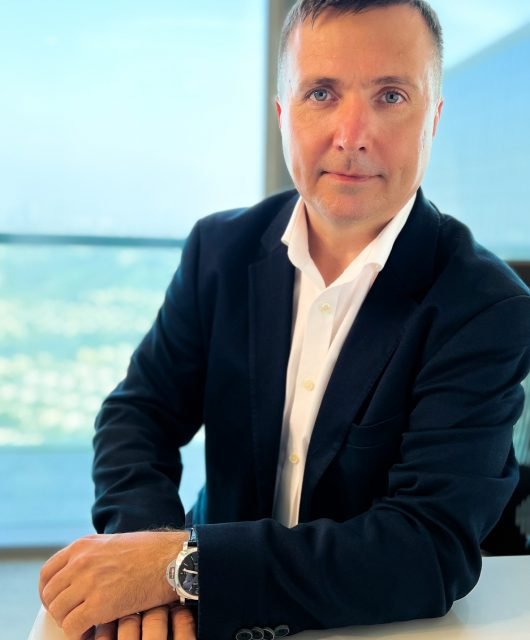Marketplace Middle East airs on CNN International on Saturday 22nd January at 20:00 GST
In this month’s episode of Marketplace Middle East, CNN’s Eleni Giokos and Amanda Davies explore the business of sport and why the region has become a leading location to host sporting events.
From Formula One races in Qatar, Bahrain, Saudi Arabia, and Abu Dhabi, to more than 20 top international sporting events in the UAE, the Middle East has become a principal hub for sport.

Davies visits Doha, where one of the world’s most anticipated events – the World Cup – will take place later this year. She speaks to Nasser Al Khater, CEO of the Qatar World Cup, about allegations of sportswashing and the country’s history on migrant workers’ rights. Khater acknowledges that there is more that needs to be done, “We don’t deny that there’s work that needs to be done. We’ve never denied that there’s work that needs to be done. There is, definitely. Are things today better than they were ten years ago? Absolutely.”
At the inaugural Qatar Grand Prix, Davies interviews Chloe Targett-Adams, Global Director of Formula One Race Promotion, about the sport’s growing presence in the Gulf countries, “This is a really exciting region for us. If we think about Saudi Arabia, it’s got a population 70% of which are under 30, it’s a huge growth market for Formula One.” She continues, “Being able to add Saudi Arabia and Qatar now, it gives us a really good basis to grow the fanbase in the MENA region in a way that we’ve never been able to activate before.”
The Meydan Racecourse in Dubai is home to one of the world’s most prestigious horse racing events. Here, Giokos meets the Chairman of the Dubai Racing Club, Sheikh Rashid Bin Dalmook Al Maktoumwho discusses why racing in Dubai is so attractive, “For an owner to decide to come to Dubai and race, there’s a couple of things that should be attractive. And for me, the main attractive thing is the prize money. Dubai is one of the highest countries in the world with prize money. You win one race in the Dubai, you cover 12 months of your training fees.”
Although betting is a big part of horse racing, the practice remains illegal in the UAE. The Sheikh believes that this has not affected the popularity of racing in Dubai, “Currently it’s not an option, but I feel even if betting is not involved in our racing, I don’t see a big effect for the market here. There is a different way of betting, say. They try to pick a winner, and he gets a prize on that. You don’t put money down.”
With historic racetracks all around the world, Sheikh Rashid Bin Dalmook Al Maktoum says the Dubai Racing Club is constantly watching the competition, “We always look at them and monitor how things are going there. Our strategy is just to keep improving and just raising the bar. When we see the best horses all around the world come to Dubai and race, we see that we have reached a high standard.”
See more from Marketplace Middle East:
https://edition.cnn.com/specials/business/marketplace-middle-east





